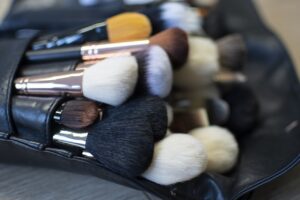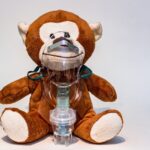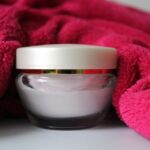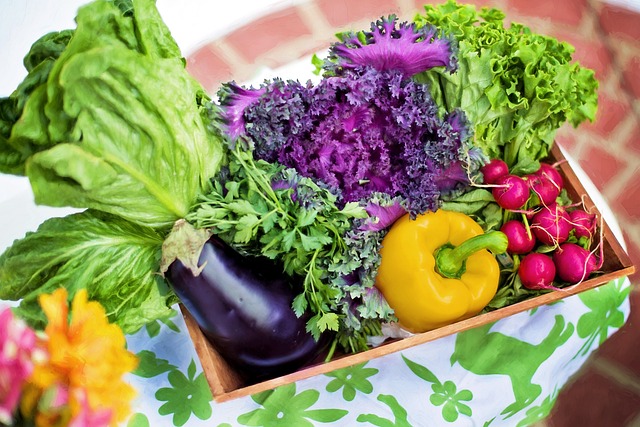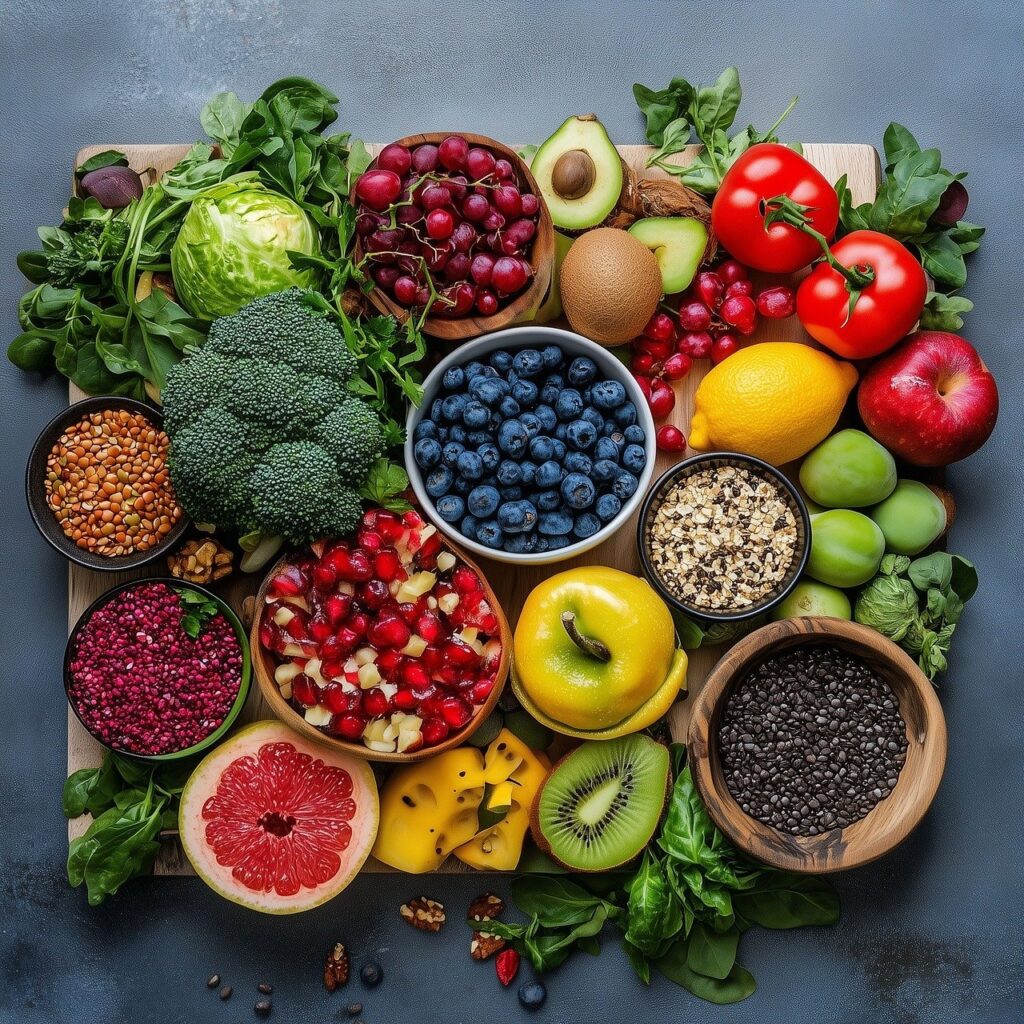We all love a little makeup to help us feel polished and put together, but what if your daily beauty routine is doing more than just enhancing your features? What if some of your favorite makeup products could be putting your skin at risk? While makeup itself isn’t directly linked to skin cancer, there are a few hidden risks you might want to be aware of to keep your skin healthy and glowing. So, is your makeup routine hiding a potential skin cancer risk? Let’s dig in and see.
First, we have to talk about sunscreen. It’s a given that we should be applying sunscreen every day to protect our skin from harmful UV rays, but here’s the catch: many of us skip it because our foundation, primer, or tinted moisturizer already contains SPF. While SPF in makeup products is a nice bonus, it’s rarely enough to fully protect your skin. To get the level of protection you need, you should still apply a separate, broad-spectrum sunscreen with at least SPF 30 as your first layer before putting on any makeup. Think of it like layering a protective shield beneath your foundation — extra protection never hurts, right?
Another sneaky risk comes from certain makeup ingredients. Some cosmetics contain chemicals that, over time, can irritate your skin and make it more sensitive to the sun’s UV rays. For example, products with alcohol can dry out your skin, weakening its natural defense against the sun. This makes it easier for harmful rays to penetrate and cause damage, which could contribute to skin cancer down the road. To be kind to your skin, consider swapping out products that contain alcohol or harsh chemicals for gentler, skin-friendly alternatives. Look for makeup that’s labeled “non-comedogenic” or “hypoallergenic” to reduce the chances of irritation.
Then there’s the issue of makeup tools. Think about your makeup brushes — we use them every day, but how often do we clean them? Dirty brushes can harbor bacteria and other nasties that can lead to skin infections or irritation, weakening your skin’s ability to defend itself against sun damage. Regularly washing your brushes can help minimize this risk and keep your skin safe. If you’re someone who loves to touch up your makeup throughout the day, consider keeping your tools clean and sanitized to avoid any unwanted skin issues.
While we’re on the topic of tools, let’s not forget about the occasional temptation of using a tanning bed to get a quick glow. Many of us have been guilty of reaching for the tanning bed at some point in our lives, but it’s important to recognize the risks associated with this practice. Tanning beds expose your skin to harmful UV radiation that can significantly increase your risk of skin cancer. Opting for self-tanners or bronzing lotions instead of tanning beds is a much safer way to achieve that sun-kissed look without putting your skin at risk.
Lastly, some makeup products, especially older ones, can harbor bacteria and germs that might not only irritate your skin but could also lead to more serious conditions. Mascara and liquid eyeliners, for instance, are especially prone to contamination after a few months of use. Keeping track of expiration dates and regularly replacing old products is a simple yet effective way to avoid exposing your skin to harmful bacteria that could compromise its health.
In the end, the most important thing you can do for your skin is to stay vigilant. Protecting yourself from skin cancer is a combination of choosing the right makeup products, staying consistent with sunscreen, and keeping your beauty tools clean. Makeup doesn’t have to be a risk factor, as long as you’re using it mindfully. So, go ahead — apply that foundation, swipe on that mascara, and rock that bold lipstick. Just make sure to give your skin the care and protection it deserves, and you’ll be glowing in the healthiest way possible.


